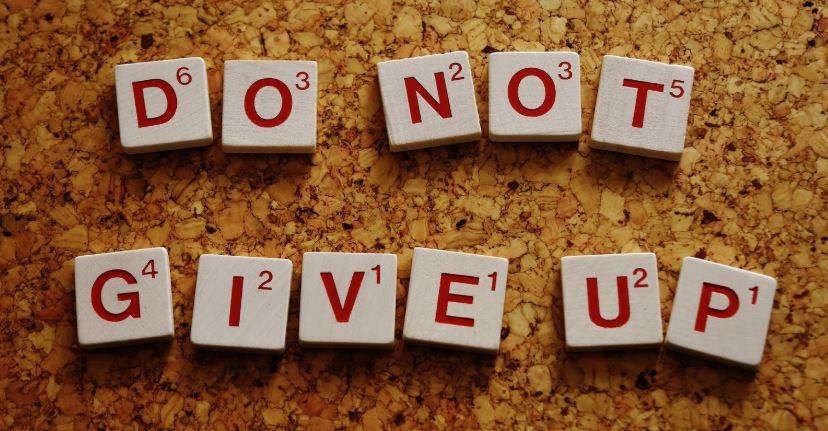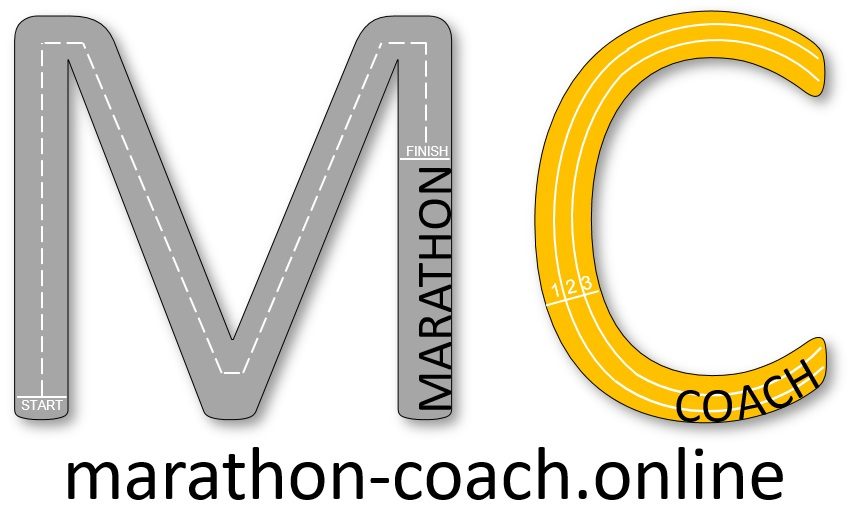You have been running during the last months / years and would like to take the running more seriously. The last time you ran was years ago, and you want to exercise again. Beginning running over 40 and beyound.
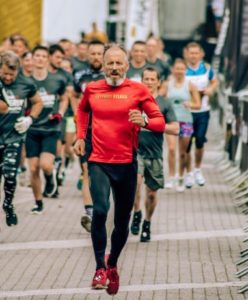
Where to start?
You look back to last year and decided to start running.
Using google, you will find millions of training plans.
We are now at the middle of January, if your plan to start running was a new year resolution, your are still motivated, then you are in the ten percent of people who are still committed. Ninety percent of the people will have dropped before the end of January and are back on the couch eating bags of chips:

I have summarized the different important points to consider.
Health check
First of all, visit your doctor or get a general checkup. It is important to see that your body is fit enough to start the sport. The best is to get the heart checked, the tension and a general health check. I would recommend to get the blood checked too.

A visit to the doctor once a year, and get the blood tested every 3 months is important. Running or doing any sport will have an impact on your body and your requirements will be different, your diet will need to be adapted.
Visit your dentist too, dental issues are often linked with tendinitis.
You are nearly ready to begin running, but first your will need to get your kit ready.
Shoes / Clothes
It is important to get the correct shoes. I created a full article on running shoes. Ensure you go to your local running shoe dealer, where professional will advise you for the best footwear adapted to your usage and wallet. I advise a neutral shoe to start. Don’t choose the color or the brand, but a shoe that feels comfortable (if the shop has a treadmill, try it on for one or two minutes).

For the clothes, ensure you use the correct protection. The best is to use different layers and adapt according to the weather. This picture can give you a good indication of the clothes to use depending of the external temperature:
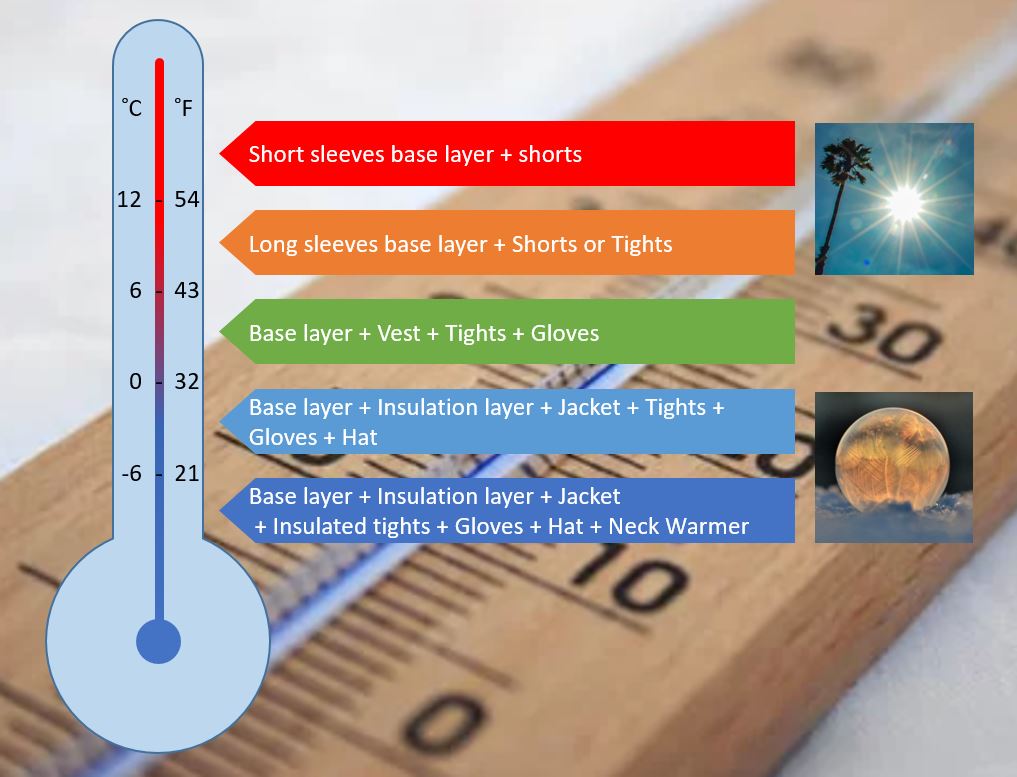
During your run, you will sweat and be warmer, then don’t bring too many clothes. As well, after a training session, ensure you have dry and warm clothes to cover yourself before you run your cool-down.
Define your objective
You are healthy and have the equipment, it is now time to define an objective. It is finally the most important, but the main mistake runners are making.
For example, people register for a marathon one month ahead and decide to start to train.
Athletics is a sport were dedication and time will bring improvements. A gradual increase in the training load and distances is giving the best results and avoid injuries. If you start from scratch allow a couple of years before reaching the marathon start line. The later your start, the slower the load increase will need to happen.
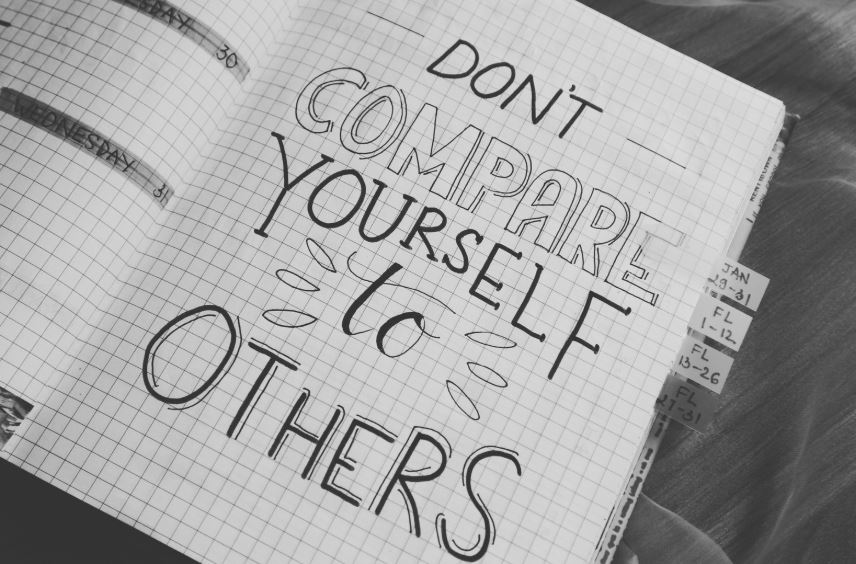
There are two type of athlete:
The recreational athlete:
You are new to the sport and want to get healthy. Your doctor suggested exercising and you want to reduce your weight.
You want to spend time outside exercising and releasing the stress due by your everyday life. The more important is to define goals that can be reached, and keep you motivated to continue. Running will be difficult, and you will need to go out even when the weather is bad (rain, dark, too hot, cold…).

If you want to loose weight, be careful, starting an activity will see your weight go up at the beginning (muscle weigh more than fat), but your body will change. To keep motivated, keep measuring the size of your tights as it will go down. It will take you months of dedication to see improvements.
I suggest you plan to run a 5 km within 3 months. I created a Couch to 5 km training program, alternating walks and runs, to bring you to your first 5 km run. If you are too shy for a competition, every Saturday there are Parkrun locally where you can go and run for free in a more relax atmosphere.
The competitive athlete:
You have been running more regularly and want to start racing. You may have good race times and you want to improve. Your potential on your favorite distance is better than your actual time. You want to run a marathon this year.
Then you have to get a more structured training. It will include speed, threshold, long runs, strength and conditioning, drills…
You need to define achievable objectives. We are not professional athletes with full support, but need to take care of the family and work:
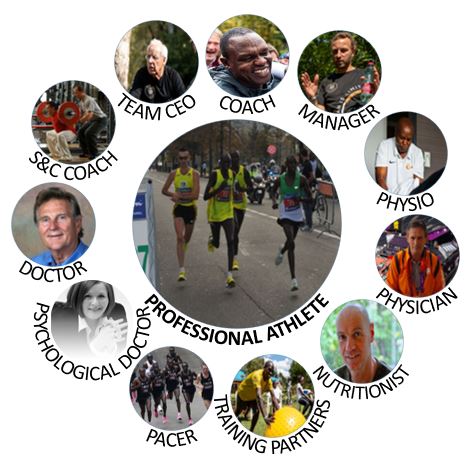
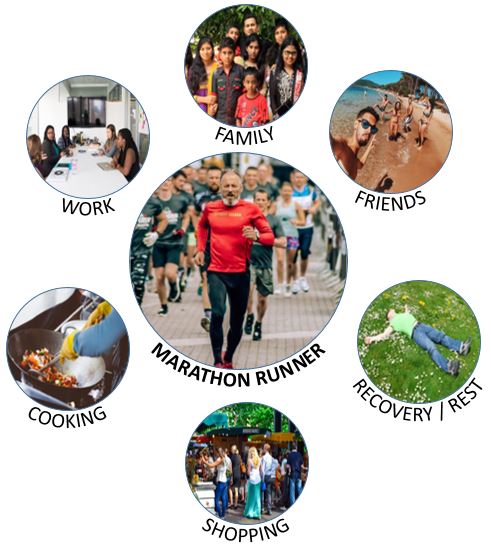
Ideally we would have results from the last months, and able to commit to 4 to 8/9 training sessions per week. It will give us the possibility to define one or two major goals for the season. During the training of these major goals it is good to define 4 to 8 other training races to be able to monitor our progress.
I can prepare a dedicated training plan to follow your progress, or you can choose a training plan for a definite distance.
Start with a friend / Join a club.
It is difficult to stay motivated to go training all the time. Start with a friend, with a group of friends, with a club. It will keep you motivated to continue.
If you are new in the sport it is not going to be easy. You will have pain everywhere after your first run. You will even discover some new muscles that will be in pain. It is at this point that you will need to keep motivated to continue. The first month is the most difficult. After the new year resolution, all gyms are full, then in February it is back to normal with more than ninety percent of people dropping. Getting involve in a group will increase your chance to continue.
You can join an athletics club. You will find coach, other athletes with experience who will be able to support, it may be intimidating, but in every club you will find other runners with the same fitness than you.
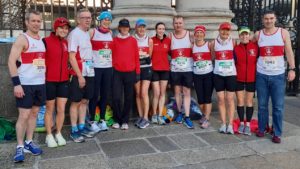
Plan ahead
Some people will say “I will run a marathon tomorrow”. They may try, then even some of them will achieve it! You find many stories on the internet (but not all of them are true).
You need to think in small steps :
“I will run a 5km without stopping in 3 months.”
It will take some time and dedication to improve your fitness. Once you run 5 km, then you can think about 10 km. Then maybe next year a half marathon. The marathon is often the goal for many people. It is important to ensure you build your fitness to run the distance and enjoy every minute of it.
Get a coach
Getting a coach is the best way to see your fitness improve. He will give you dedicated training plans for your actual fitness. The coach will be able to support and explain the best way to improve your speed and endurance. He will keep you motivated and avoid injuries. The coach can push you further or slow you down depending of your fitness.
Start a logbook
The log book is so important. Sometime you see these master runner with more than forty books of hand written sessions from the last seasons. I have many seasons on paper and since April 2007, all my sessions are online.

It is really important to have a logbook in order to follow your progress, follow your weekly mileage, your rest heart rate (rest HR), weight, speed. It is so important for you (and the coach) to follow your progress. Here is the logbook that I use and ask my athlete to complete:

The logbook need to be simple enough that you are able to fill it up in less than five minutes every week. There must be few numbers but not lots of details. Reviewing your logbook will allow you to see progresses.
keep motivated
It is important to consider this point when you start. I mentioned it in the previous chapter. Try to involve a friend or join a club. It will be difficult and the progress are not going to arrive tomorrow. You should know it before starting. It will be difficult, but the reward are going to overcome it. Keep motivated.
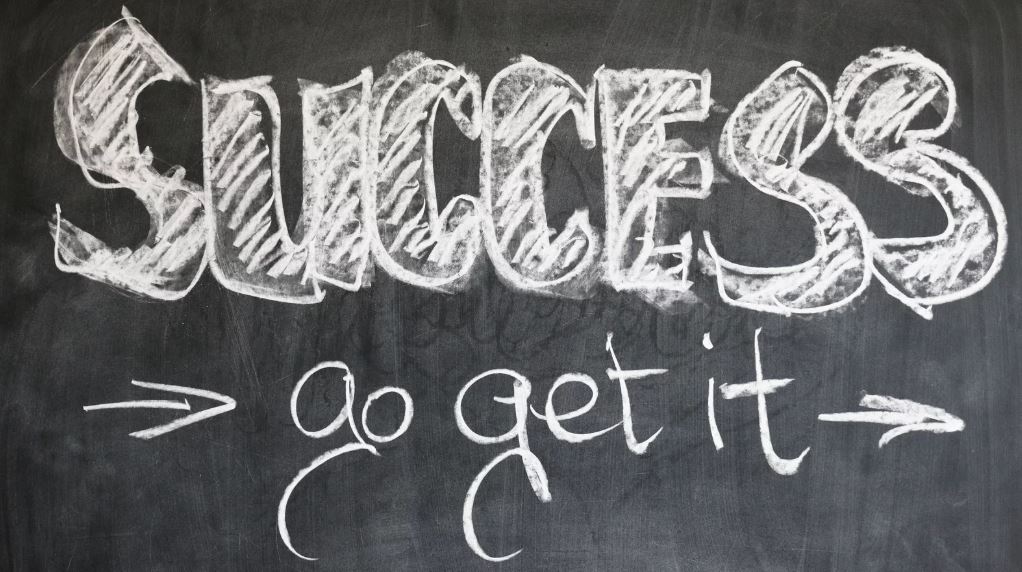
Without your own motivation, you will stop within the first month, or even earlier: the second day or the second week. It will be hard, but it will be even worst during the last 10 km of the marathon. You need to know it too. But with training, determination, time, you will improve and it will feel easier.
Strength and conditioning
Running is not all about running. If you have not done much sport during the last 10 years, strengthening your body muscles is even more important. Your core, upper body are part of your running too. The core is so important to control your legs during the running. The latest running training plans are all including Strength and Conditioning. Sebastian Coe was using it at the end of the 70’s and 80’s, and few medical studies from the last 5 years, confirmed that introducing two sessions of Strength and Conditioning per week can improve your performance by few percents.
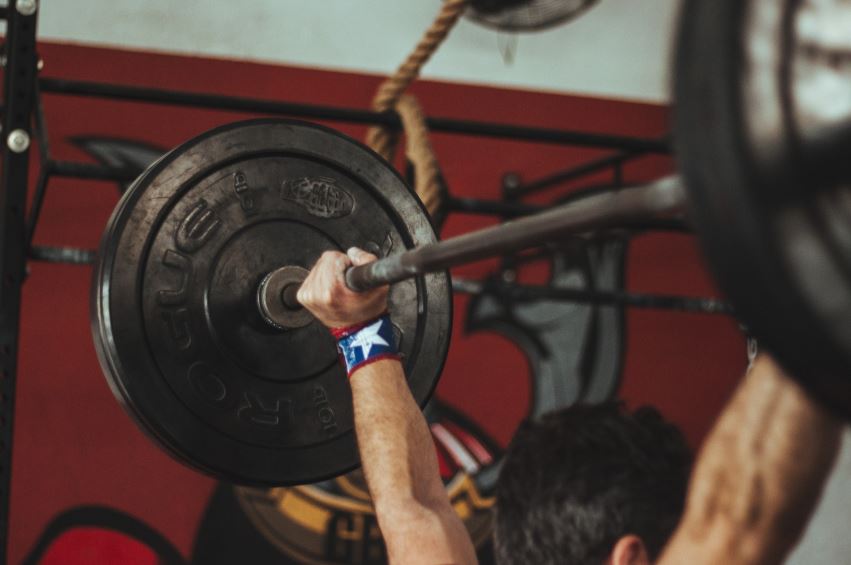
Ensure you include good rest
This is the most important aspect for an athlete over 40’s and beyond. You have not started yet, and I write already about rest. You want to train and improve, not rest? Right.
When you start, you may be even over entusiastic. It is when many athletes get an injury. Ensure you are including good rest in your training plan. It is even more important for older athletes.
You will not be able to increase the load all the time. For example you train hard for 3 weeks, then you have an easy week. This easy week will allow your body to recover and help get stronger. After a hard training session, ensure you have one or few days easy to ensure you assimilate the progress.
In your 20’s, the body can regenerate quickly. Even after an injury, the recovery will be much faster than an older athlete.
Professional athlete are able to train two to three times per day, because they include naps in the afternoon to allow their body to regenerate.
Sport massage / stretching
To improve recovery, reduce chances of injuries, getting sport massages once per month is very good.
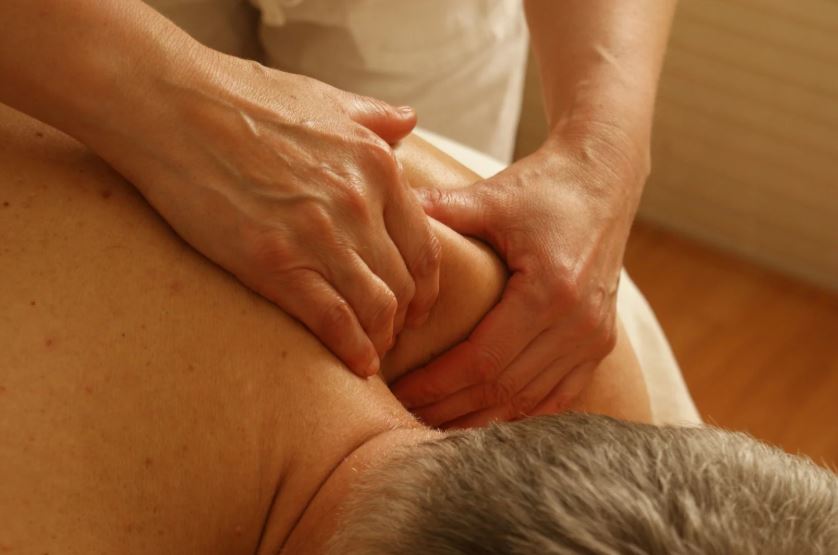
You need to include dynamic stretches (drills) before your hard sessions and stretches, rolls your muscles after every training.
Mind the body / avoid injuries
The body is your tool. Mind the body. If you are sick, tired, then get some rest and cancel the training session. Your body needs the recovery. Don’t add the missed session the following week because it will not be productive.
Over-training is a very dangerous issue with athlete. Your are over-trained / tired and your results are getting worst -> then you increase your training load and the results are getting even worst, and so on. Athletes will need weeks, months and even years to recover after over-training injuries.
If you get injured, go and see your physio first and doctor. Recover from the injury before getting back to training.
Improve your diet
The food is so important in the performance of an athlete. If you start training, you will feel hungry all the time. Getting healthy calories will ensure your muscle can perform and develop correctly. Get good quality carbohydrates, proteins and lipids.
Drink plenty of water during and after your sessions.

Athletics will bring you so much, then be patient and have fun.
